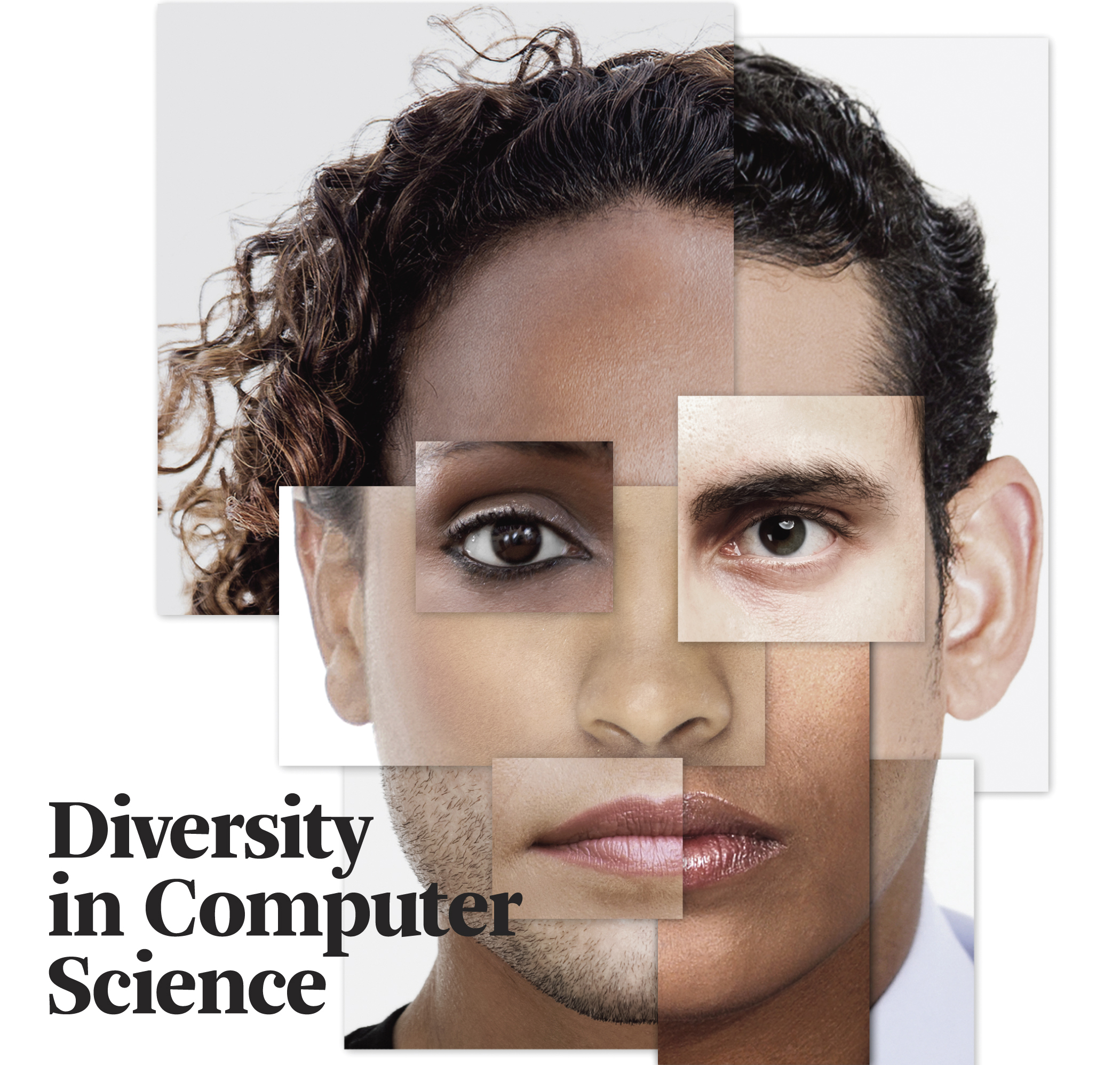COLUMN: Letter from the editor
FREE CONTENT FEATURE
Towards a critical debate about technology and its impact
By Sean Follmer, Inbal Talgam-Cohen

When it comes to pursuing computer science, and science in general, at the doctorate level in the U.S., some groups are still lagging. Less than 6% of degree holders are Black and/or Hispanic, while 30% are women—although women make up 51% of the general population. In this issue, we tackled the following questions: Is there something inherently boring about CS to women? What are the barriers facing underrepresented minorities and women in the field? What aspects of CS in a social sense (constructs, culture) are unappealing to underrepresented groups? Why does diversity matter? Is CS—and more importantly, society—poorer for a lack of inclusivity? We hope the articles in this issue can further stimulate the conversation in and out of the classroom.
By Sean Follmer, Inbal Talgam-Cohen
The XRDS blog highlights a range of topics from security and privacy to neuroscience. Selected blog posts, edited for print, will be featured in every issue. Please visit xrds.acm.org/blog to read each post in its entirety.
By Wolfgang Richter
Most people like to believe they judge others on their merits, and not by their gender or ethnicity. Neuroscience has shown this isn't always the case, so what can we do about it?
By Freada Kapor Klein, Ana Díaz-Hernández
Creativity requires technical training, personal development, and the freedom to take risks regardless of your gender.
By Jesse Beach
Using hip-hop lyrics and artificial intelligence to engage more students in computer science based on their cultural background.
By Omoju Miller
In Germany, the IGaDtools4MINT research project aims to integrate gender and diversity in STEM subjects.
By Tobias Berg, Rebecca Apel, Carmen Leicht-Scholten
Exposing the driving causes behind the lack of diversity in our communities, and how to use your privilege for good.
By Erin Carson
From the early 1980s to the present day, the tech industry, the law, and media representations have evolved in tandem, all hypnotized by the myth of "The Hacker"---an ideal coder, stereotyped as an exceptional young white man.
By Sarah Jeong, Colin McSwiggen
Ten action items for attracting and retaining more women in science, technology, engineering, and mathematics fields of study.
By Grace Woo
A look at how implicit biases influence the advancement of women in science and engineering.
By Eve Fine, Amy Wendt, Molly Carnes
Having a baby and taking a new start. A program for women on maternity leave, teaches them how to give birth to a startup.
By Liron Lifshitz-Yadin, Daniela Raijman-Aharonov
The proliferation of free, high-quality online courses has been heralded as a means to democratize education. The real innovations in online learning will be programs that teach the critical thinking required to learn more.
By Aliza Aufrichtig